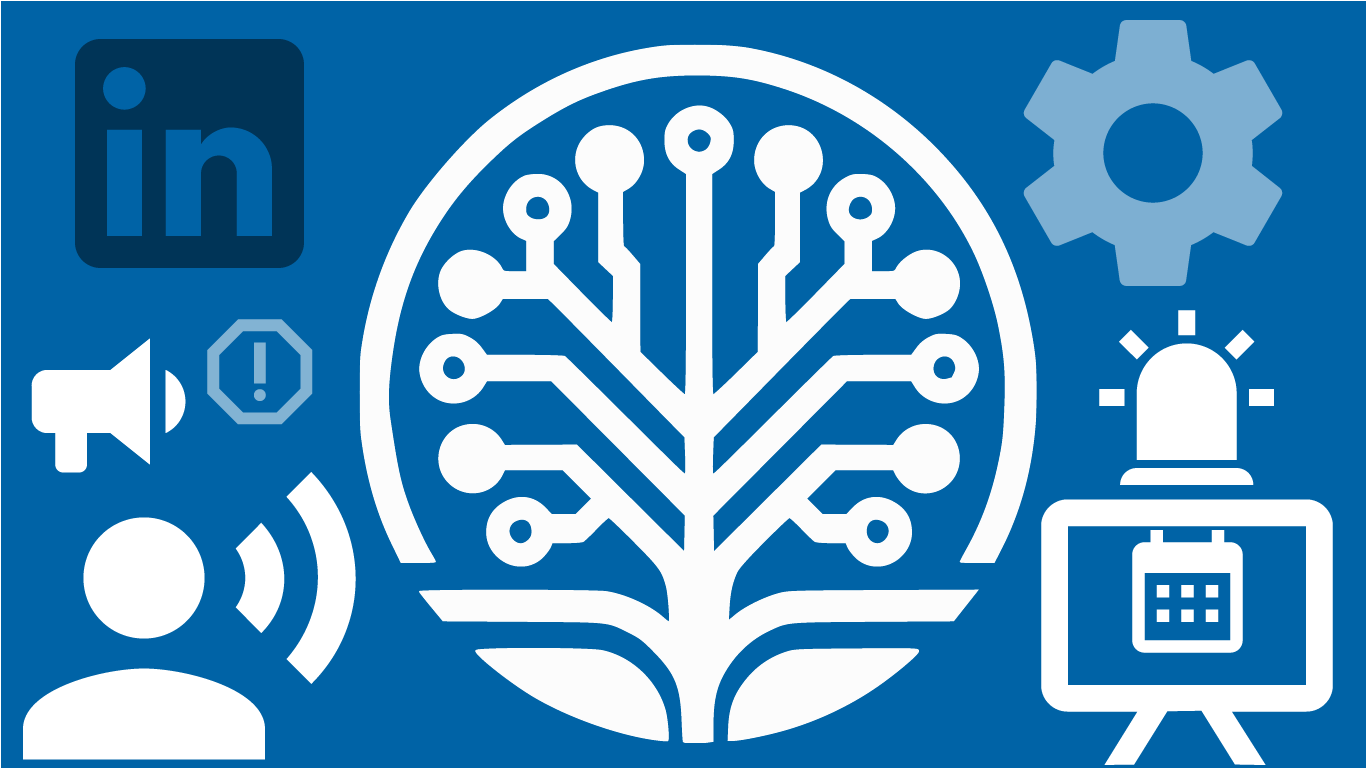The PHAIDRA repository is based on the Fedora repository – a popular open source software for electronic archives. Raman Ganguly, head of the IT Support for Research department, which is responsible for the technical aspects of PHAIDRA, describes the interaction: “With PHAIDRA, we are expanding the Fedora repository to include open source tools, libraries, components and interfaces. This results in a repository that makes data management user-friendly and simple for users.”
Driven by the open source idea
The PHAIDRA code has been available on GitHub since December 2023. This is a Docker version of PHAIDRA. This means that all the necessary elements are bundled in a container. As a result, users can put PHAIDRA into operation easily and in just a few steps.
Raman Ganguly explains: “PHAIDRA is a project that is intended to be supported by an entire network in the true spirit of open source. It combines the perspectives of developers and users from a wide range of areas. In this way, we ensure that current needs are recognized and covered with innovative functions in PHAIDRA.”
The network is set to grow
To ensure that PHAIDRA can continue to live up to this claim in the future, the team would like to draw the attention of potential new members to the project. Developers, decision-makers and people from the areas of open data and open science, such as librarians and managers of repositories, can find out more about PHAIDRA via new information channels:
- PHAIDRA website
- LinkedIn presence
- Epistemicast podcast series on the topics of open science, open data and open source
In November 2024, there will be another one-day PHAIDRACon Meet-up in Vienna to share experiences within the PHAIDRA community. The date and agenda will follow in due course.
PHAIDRA – the basicsPHAIDRA is a repository of the University of Vienna for data that is available in file form. It ensures that (research) data can be found, retrieved and reused by others. The project is the result of a collaboration between the Center for Teaching and Learning, the University Library and the ZID. A cooperative network of 25 partners from 5 countries uses PHAIDRA. |

